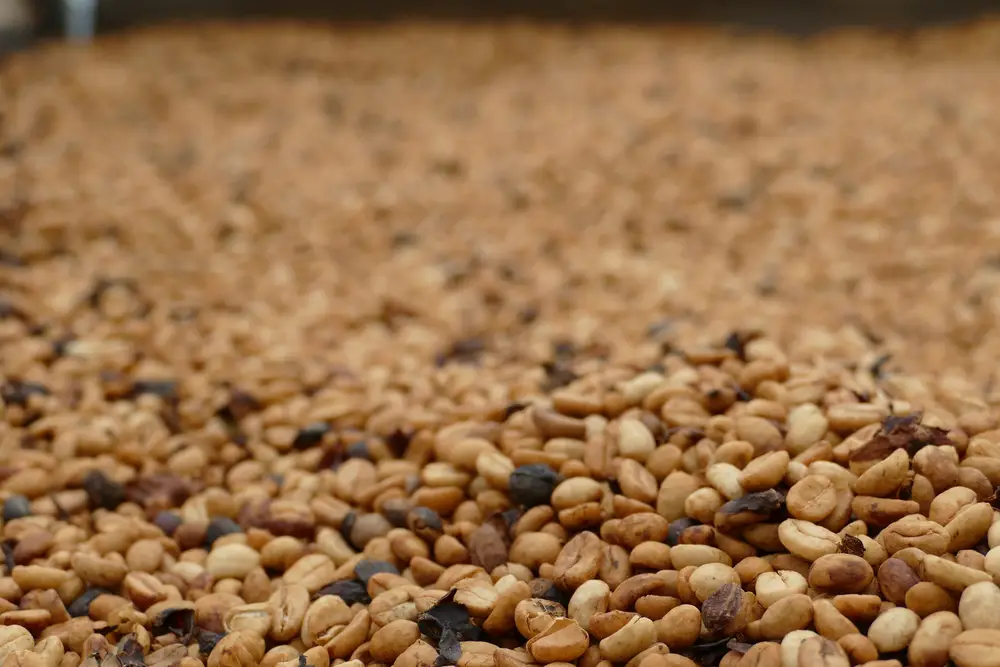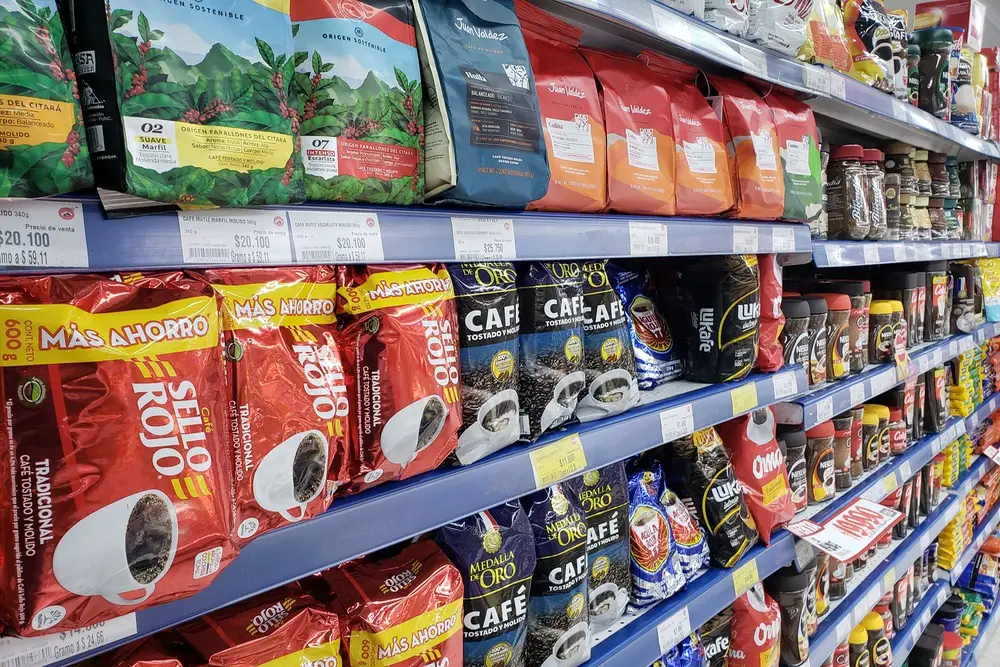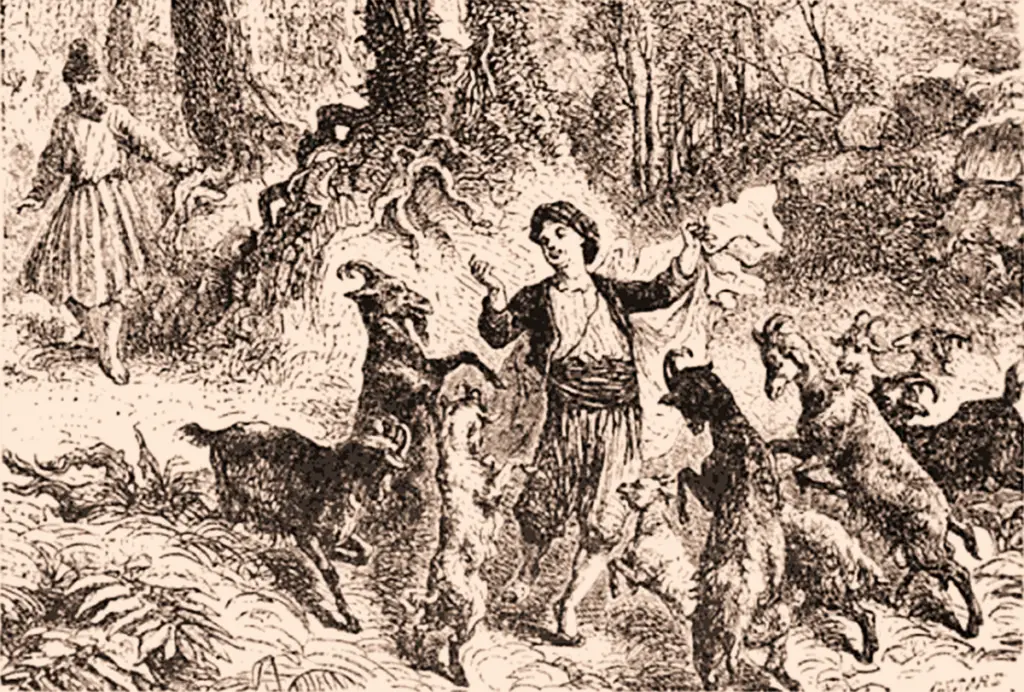People tend to believe many things. It’s not surprising that many myths about coffee consumption have influenced our feelings and thoughts about coffee.
If we look at the science, we can separate the myths from the facts about coffee. Several studies have shown that coffee is a good source of antioxidants and has been linked to a lower risk of death from a variety of causes.
Below we address some of the most common myths and facts about coffee.
Table of Contents
Coffee is bad for your health
This is probably the most widespread myth. Your daily cup of coffee does much more than wake you up in the morning. It helps burn body fat, improves physical performance, and due to the high content of antioxidants and beneficial nutrients, it can reduce the risk of various diseases.
Coffee drinkers have a significantly lower risk of neurodegenerative diseases such as Alzheimer’s and Parkinson’s. It has also been shown to reduce the risk of developing depression and type 2 diabetes. It’s important to remember that moderation is key and that coffee cannot reverse the effects of other unhealthy lifestyle choices.
As Paracelsus once said: “The dose makes the poison”.
Coffee sobers you up
This is a dangerous myth. Many people believe that they can get drunk behind the wheel with a cup of coffee. Coffee does wake you up, but it doesn’t help you sober up. Coffee consumption does not remove alcohol from the body or neutralize its effects.
Coffee can increase mental clarity, but that depends on the amount of alcohol consumed.
Even drinking large amounts of coffee does not reduce the amount of alcohol in your body, as caffeine is more likely to make you feel less tired. Also, the combination of caffeine and alcohol can be potentially harmful in certain situations.
Coffee stunts growth
Coffee has nothing to do with a person’s height. Height depends on genes, diet and lifestyle. There is no scientifically sound evidence that coffee can stunt a person’s growth. It’s safe to say that drinking coffee doesn’t make you smaller or stay smaller. Giving up coffee doesn’t make you taller either.
However, caution should be exercised when drinking coffee with children.
Coffee is addicting
That is partially correct. We know that caffeine stimulates our nervous system, leading to mild addiction. However, the withdrawal symptoms only last for a few days, after which you can skip coffee if you wish.
All types of coffee contain the same amount of caffeine
There is a wide variety of beans, roasting and extraction methods, so not all coffees are created equal. Therefore, they do not have the same caffeine content. Depending on the coffee you use and how it is prepared, some types of coffee may make you feel a little more awake than others.
Coffee dehydrates you
Contrary to popular belief, coffee is anything but dehydrating. The main ingredient in most caffeinated beverages is water. While coffee can increase urination because it boosts metabolism, it doesn’t dehydrate the body.
Our kidneys are complex organs that regulate the amount of water in our bodies, and a cup of coffee doesn’t affect their functioning.
The darker the roast, the more caffeine the coffee contains
One of the most common myths about coffee is that dark roast coffee beans contain more caffeine than lighter roasts. This myth stems from the fact that dark roast coffee has a more distinctive smell and taste. However, you should know that caffeine is an odorless chemical.
In reality, some of the caffeine is lost during the roasting process. In other words, dark roasted coffee contains less caffeine than lightly roasted coffee beans.
Decaffeinated coffee does not contain caffeine
Research has shown that some of the caffeine remains in the coffee beans after decaffeination.
It is incredibly difficult to extract all of the caffeine, so most decaffeinated coffees extract at least 97% of the caffeine from the coffee, leaving less than 3% of the coffee’s natural caffeine content.
Coffee is best stored in the fridge
According to experts, the fridge is one of the worst places to store coffee. That’s because coffee beans have the ability to absorb moisture and flavors from foods.
A specific type of bean is required to brew espresso coffee
The preparation of an espresso is a process made possible by an espresso machine. Espresso is a small, strong coffee. The preparation of an espresso consists in making a drink that is as condensed as possible, using high pressure and hot water. In other words, it doesn’t need a specific bean or roast to be called an espresso.
Coffee beans are beans
It may surprise you, but coffee beans are not actually beans. Coffee is a fruit.
Before it gets into your cup, the coffee grows as a cherry on a tree. When the cherries are ripe, they are harvested and the seeds are separated from the fruit. These kernels are called beans because they look like beans.
You need expensive equipment to brew good coffee
In reality, you don’t need a big, expensive coffee maker. As long as the beans are freshly ground and you brew them properly, you can have a good cup of coffee.
The purest water does not affect the taste
Water can significantly affect the flavor of coffee, but it’s not always necessary to use expensive bottled water. If you are worried about the water quality, you can use a filter.
Black coffee is bitter
While regular black coffee occasionally tastes bitter, sweet, fruity, or even chocolaty flavors can be achieved with the right beans, roasting methods, and brewing techniques.
Vacuum-packed coffee is fresh coffee
It is about the degassing of the coffee in connection with the roasting. During the roasting process, gas is created inside the coffee beans. Most of this gas, carbon dioxide, dissipates within 5 to 12 days.
If the coffee is packed while it is still fresh, the bag will swell due to the evaporation of the gases. For this reason, the coffee should rest before packaging.
The effects of caffeine are the same for everyone
Caffeine affects everyone in the same way. It prevents sleep if you drink too much of it before bed. However, how much caffeine a person can tolerate depends on their metabolism. Some people have a metabolism that makes it difficult for them to process caffeine in the body.
Colombia is the birthplace of coffee
Colombia is known for its coffee. However, coffee does not originally come from Colombia or even from South America.
The coffee tree originally comes from what is now Ethiopia. According to legend, several centuries ago, a goatherd named Kaldi noticed that his cattle perked up after eating coffee cherries.



